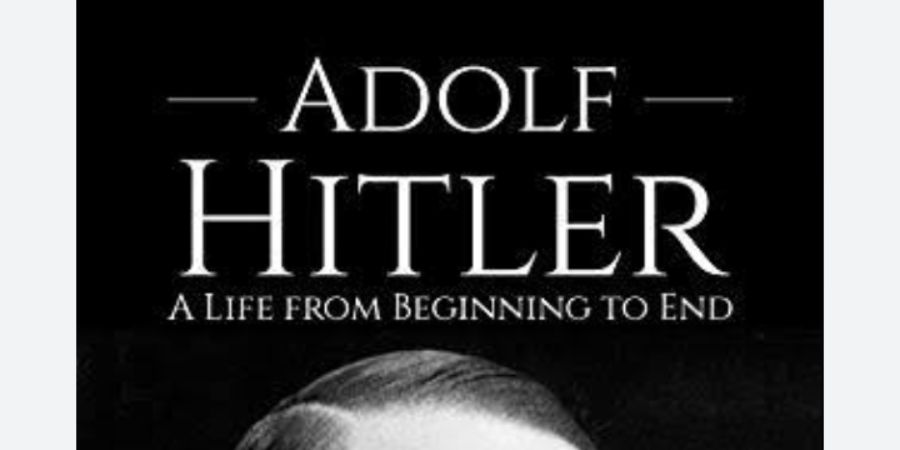

Introduction:
Adolf Hitler was a German politician who was the country's dictator from 1933 until his death by suicide on April 30, 1945. He was born in Austria on April 20, 1889, and died on April 30, 1945. As the head of the Nazi Party, Hitler ascended to power, first obtaining the position of chancellor in 1933 and then assuming the title of Führer und Reichskanzler in 1934. [b] He invaded Poland on September 1, 1939, starting World War II in Europe during his rule. Throughout the war, he participated actively in military operations and played a key role in the Holocaust, which resulted in the murder of millions of other people in addition to the approximately six million Jews.
Early Time:
He struggled in secondary school and eventually dropped out since he didn't want to become a public servant like his father. Adolf continued to pursue his desire to be an artist after Alois passed away in 1903, despite being turned down by Vienna's Academy of Fine Arts.
Hitler relocated to Vienna when his mother Klara passed away in 1908, where he pulled together a life by painting landscapes and monuments and then selling the paintings.
Hitler relocated to Vienna when his mother Klara passed away in 1908, where he pulled together a life by painting landscapes and monuments and then selling the paintings. Hitler spent his years in Vienna alone, isolated, and a voracious reader. During this time, he developed a passion for politics and many of the ideas that would come to define Nazi ideology.
Military career:
Hitler relocated to Munich in the German state of Bavaria in 1913. He successfully petitioned the Bavarian king to be let to enlist in a reserve infantry regiment when World War 1 began the following summer.
Hitler served in the Great War and was deployed to Belgium in October 1914. He received two bravery awards, including the rare Iron Cross First Class, which he wore until the end of his life.
In the course of the war, Hitler suffered two wounds: in 1916, during the Battle of the Somme, he was struck in the leg, and in 1918, a British gas attack near Ypres briefly blinded him. He was recovering at a hospital in Pasewalk, northeast of Berlin, when word of the ceasefire and Germany's loss in World War I reached him a month later.
Hitler, like many Germans, came to believe that the country's crushing defeat could be traced, rather than to the Allies, to weakly patriotic "traitors" at home—a deception that would weaken the Weimar Republic after the war and pave the way for Hitler's ascent.
